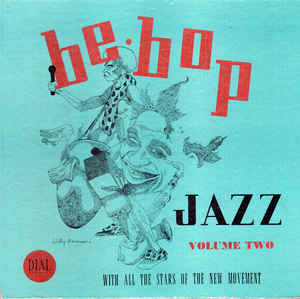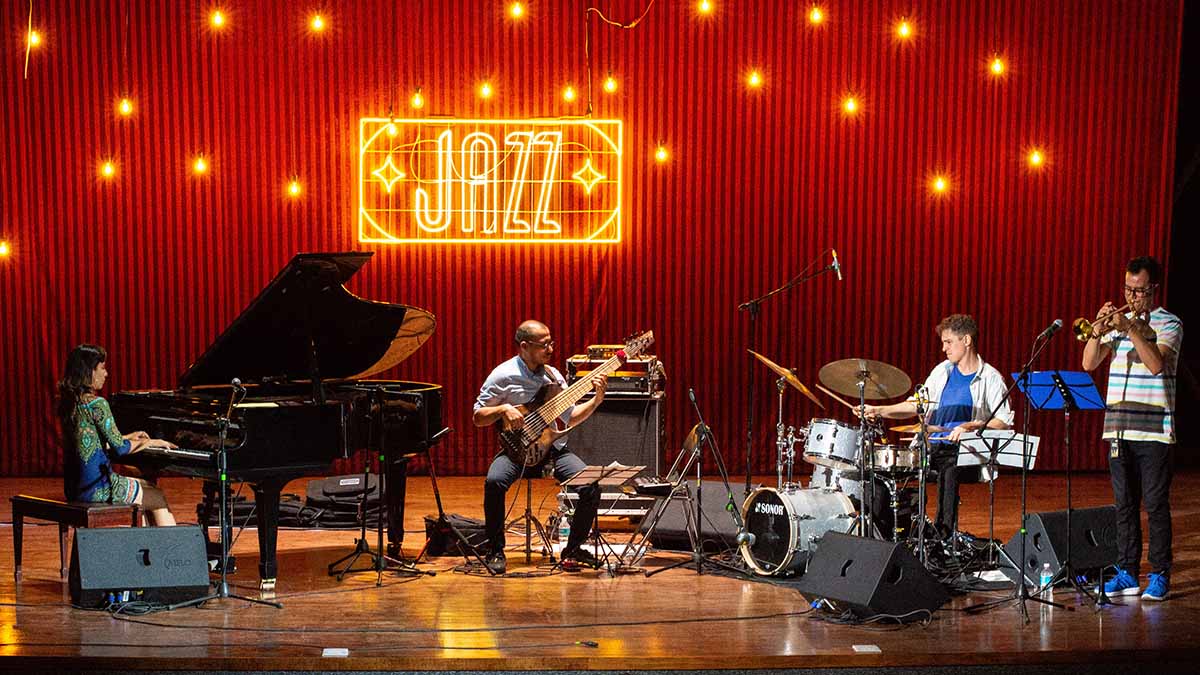With school starting, in some capacity for many, I was speaking with some young student musicians recently via Zoom. One of the questions asked of me was, "What can we listen to in terms of styles that will help us play jazz?" It's a common question. My answer was bebop. The style. Yes you should listen to the styles that preceded it such as swing AND the blues but for modern jazz interpretation, bop is an absolute necessary study. It's not just listening though. It's LIVING the style for a long period of time and it's not about wanting to ultimately play bop.

Bop helps prepare you for many of the extraordinary challenges modern jazz will present you. It gives you the technical tools to play other styles of the music effectively. Bebop utilized advanced harmonic progressions so in this regard your listening will or should develop along with how you hear and understand melodic and rhythmic improvisation. The swinging pulse of jazz changed with bop while at the same time, multi layers of complexity permeated the music. So maintaining the swinging feel became a considerable challenge. You'll develop a better understanding of how to navigate through various song forms beyond the traditional 32 bar. Bop incorporated sophisticated rhythmic concepts such as syncopation. Drumset independence as another example became more advanced as the beat was now getting away from solely relying on the hi hat two and four. Bop presented more varied tempos and meters. The art of comping became more involved with the soloist. Now it's more interactive. The phrasing of the swinging eighth note, from a modern perspective, was established. The melodic possibilities exploded with bop thanks to artists like Charlie Parker and Dizzy Gillespie...paralleling the harmonic advancements.
These are just a few areas where bop can be an extremely important teaching model for students to learn how to perform and interpret jazz.

